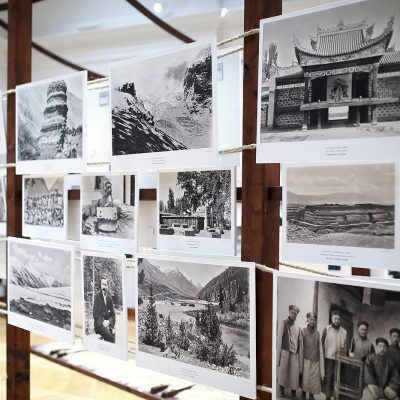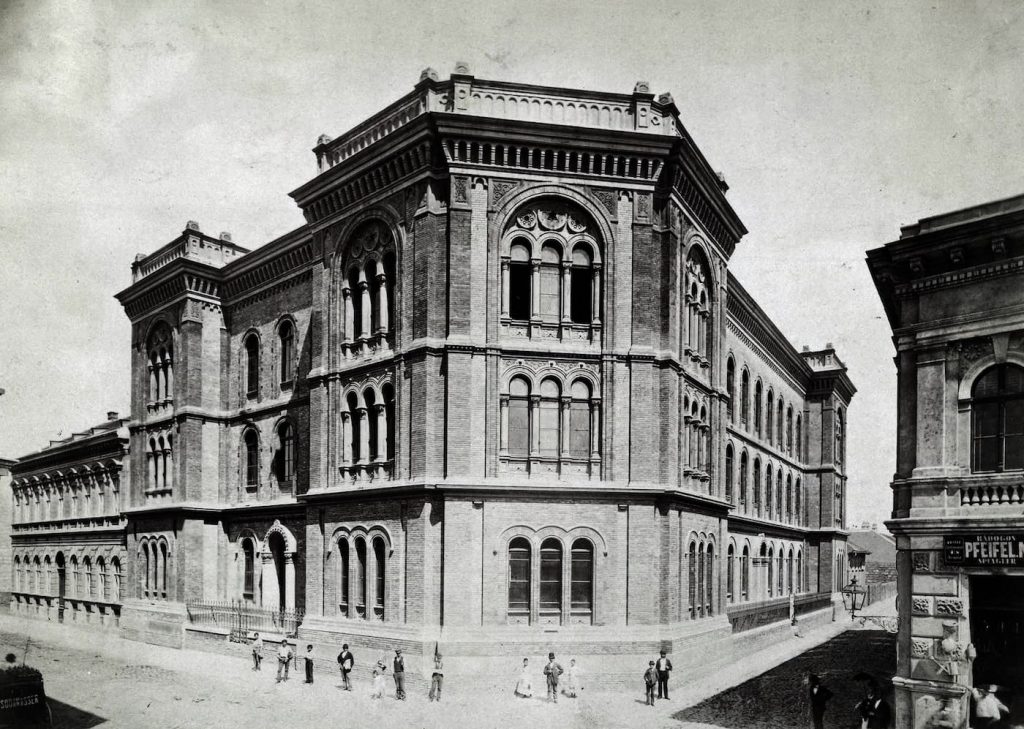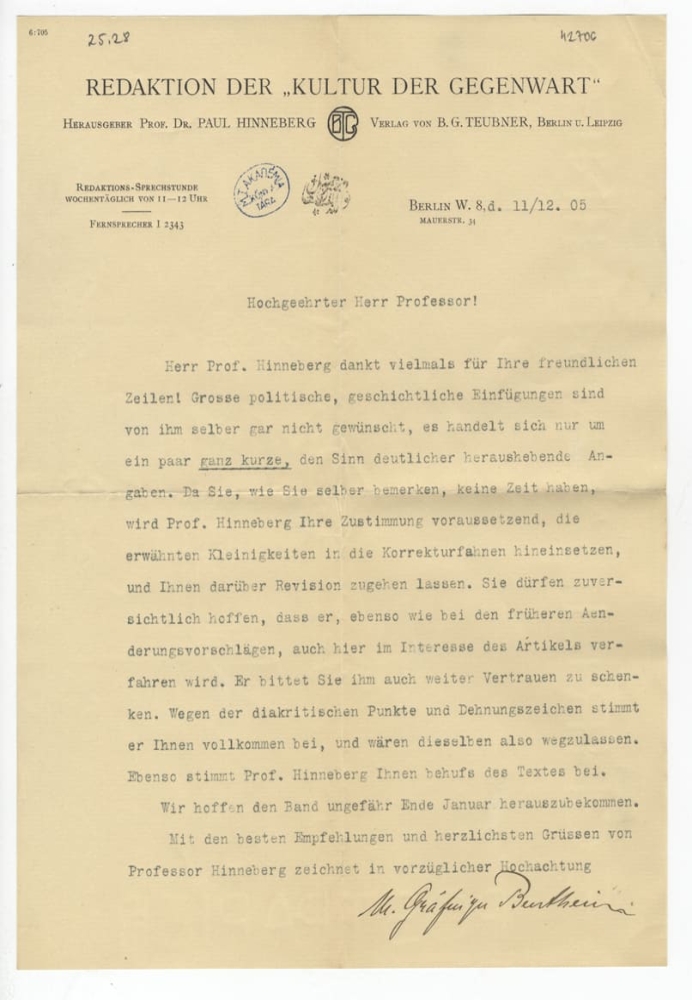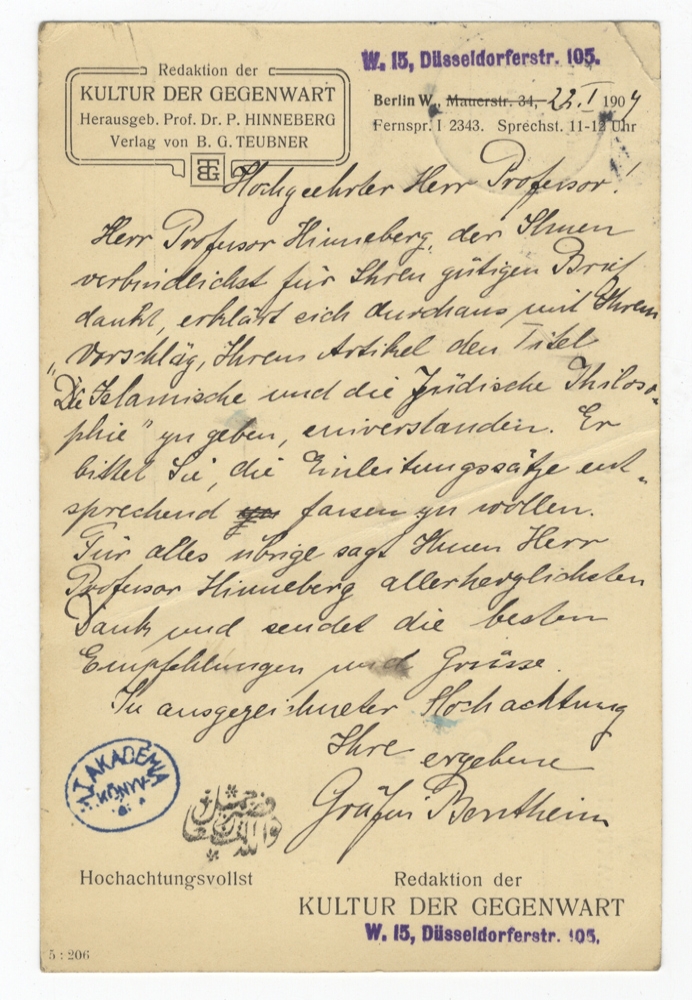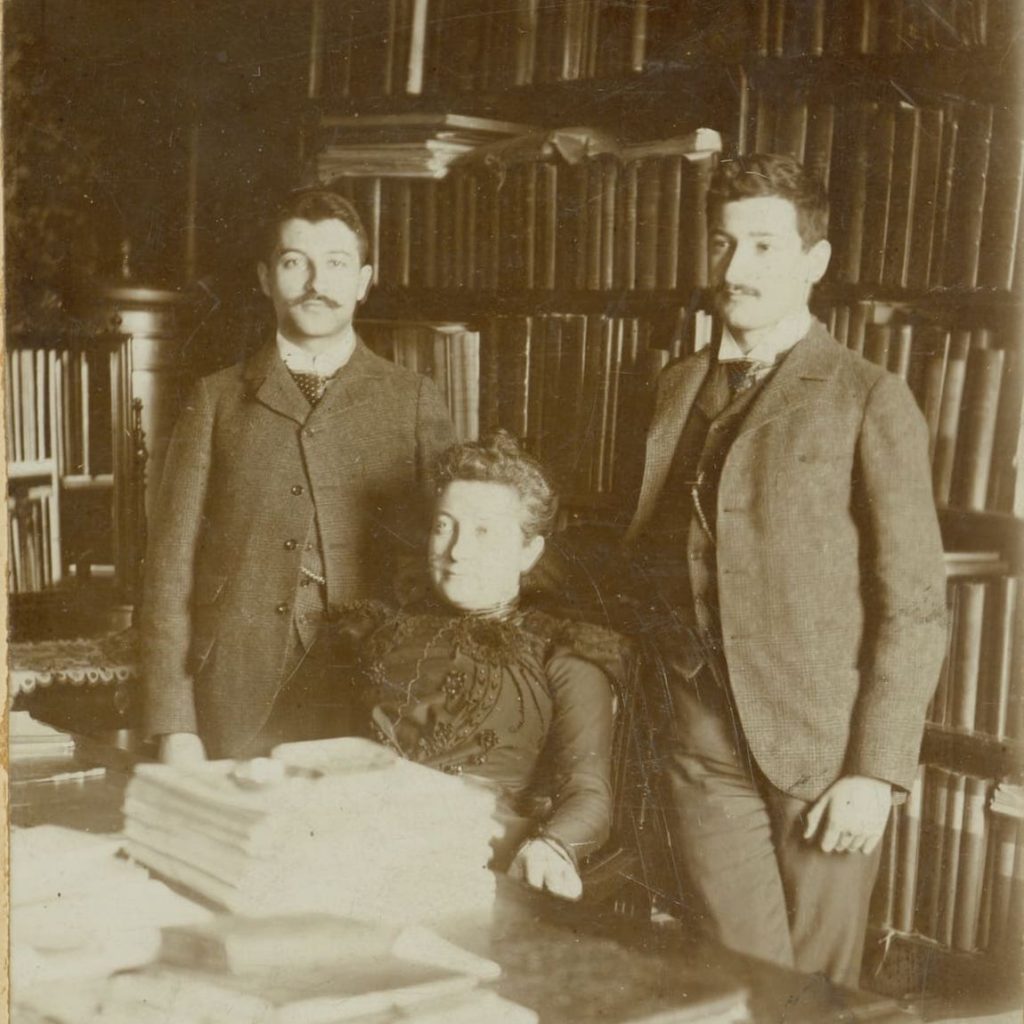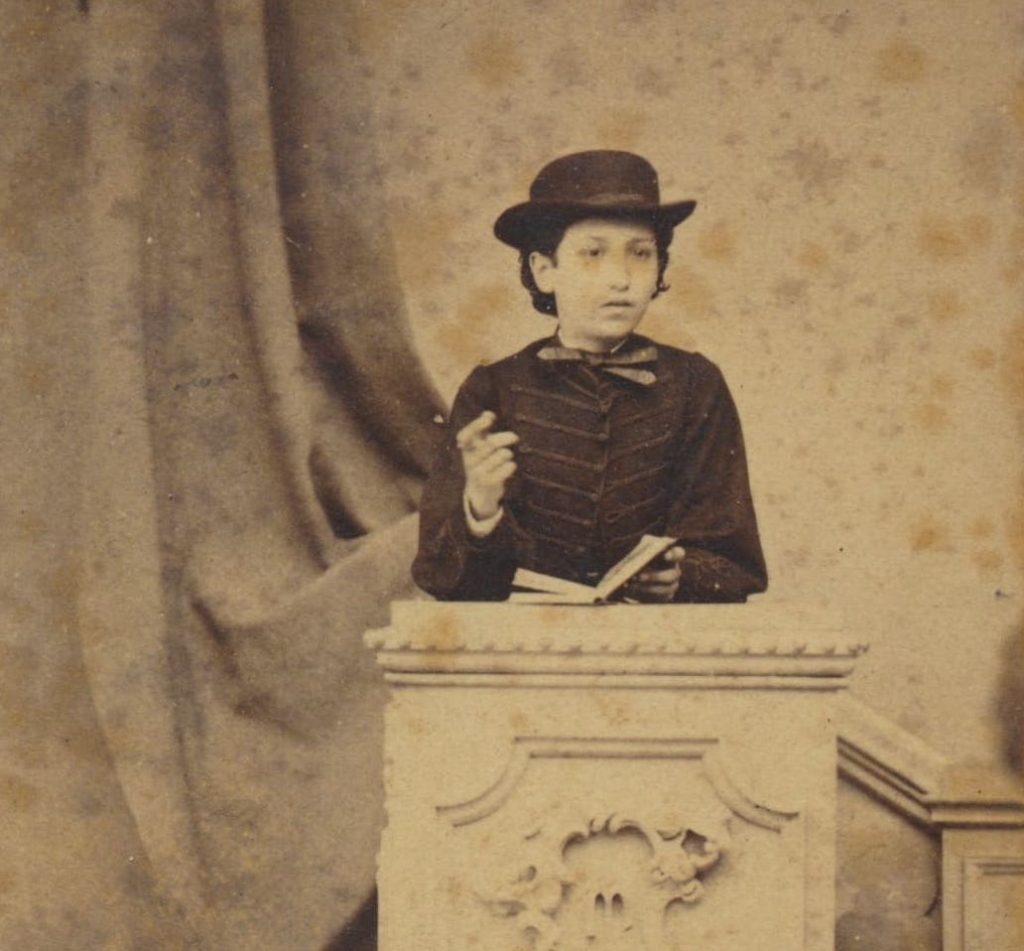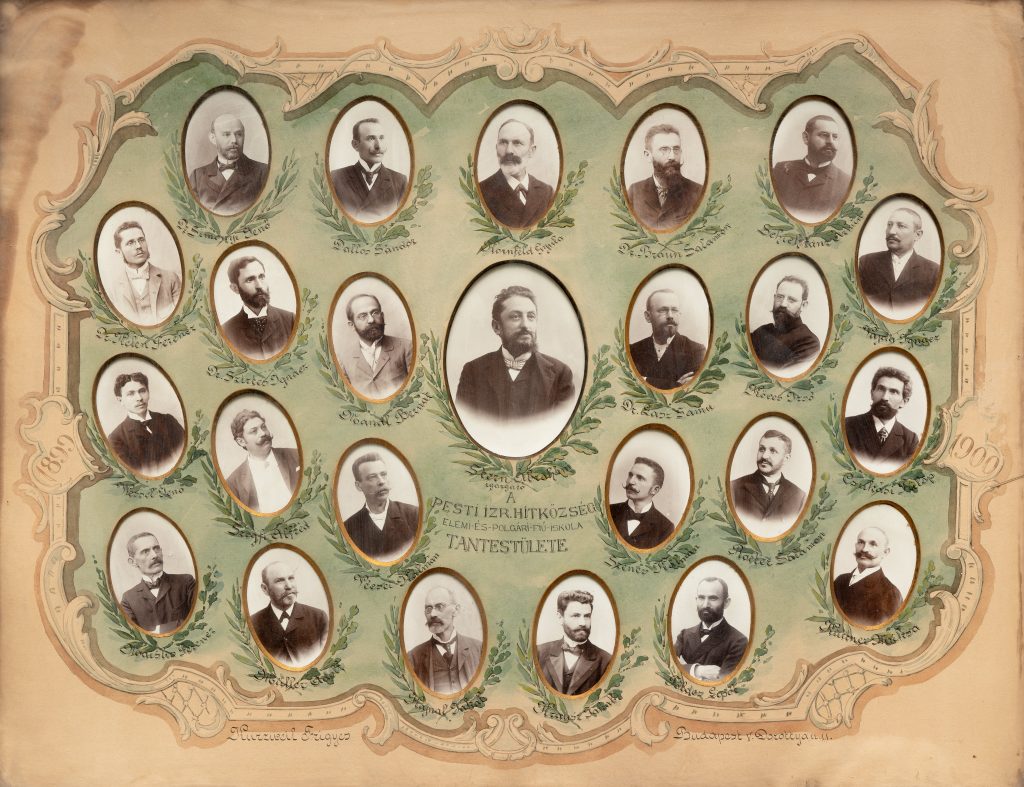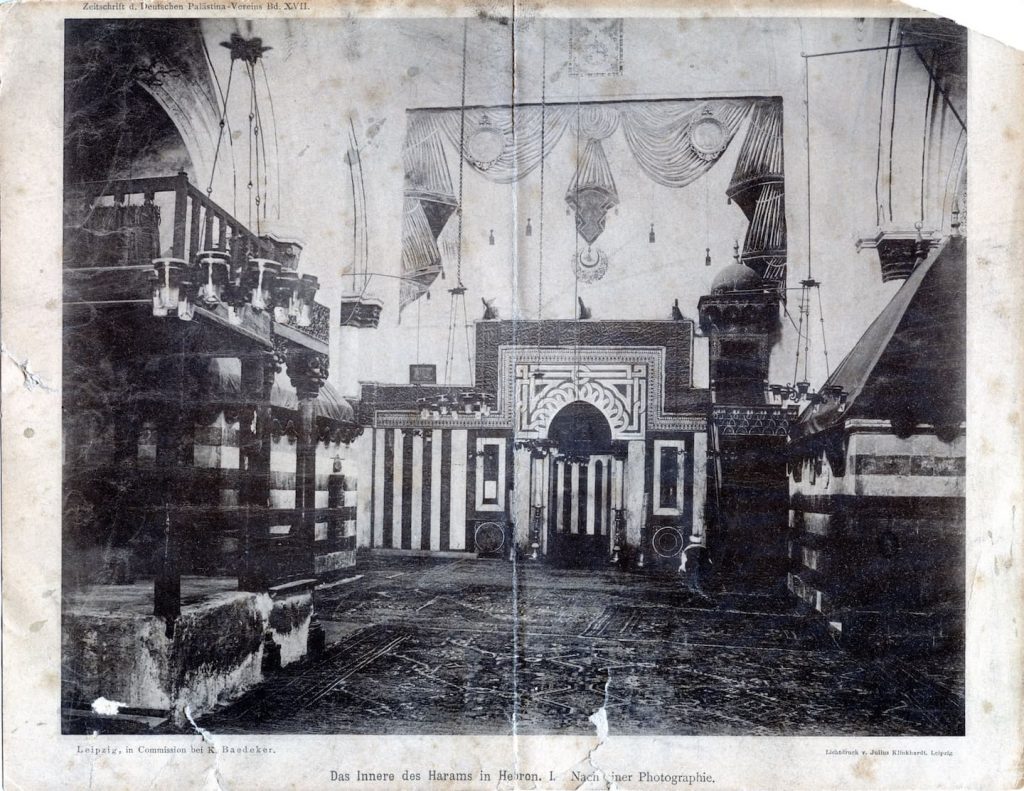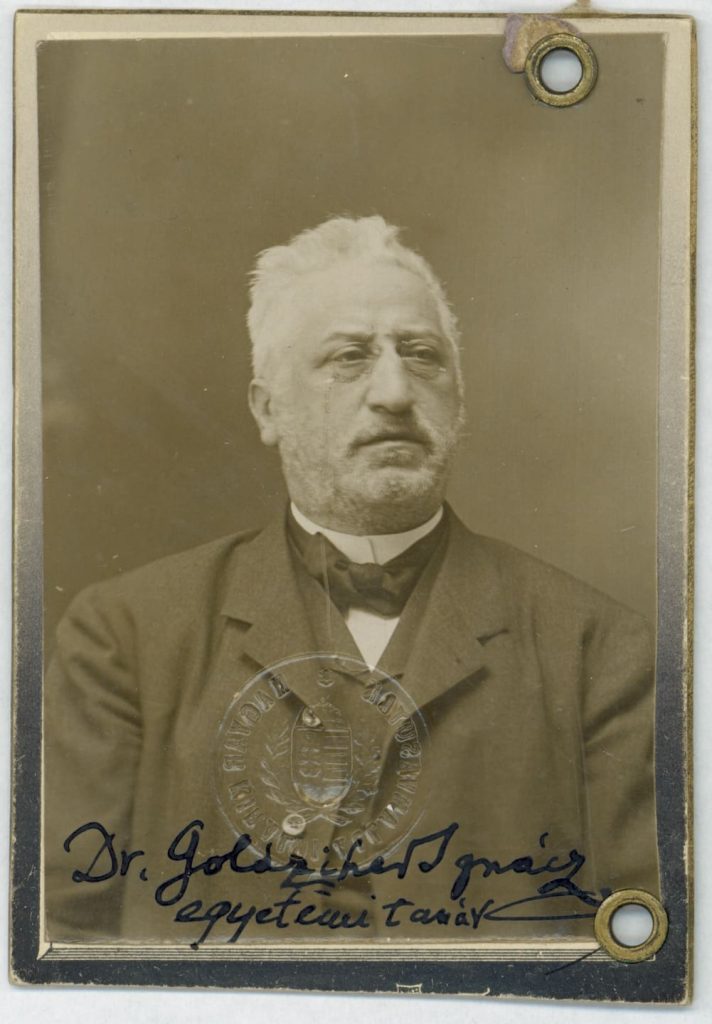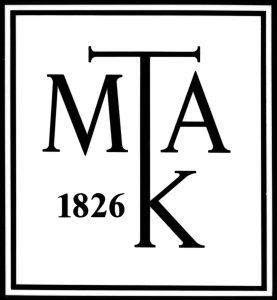Memorial Website of Ignaz Goldziher
Jewish Studies
“Jewish literature would find in me one of its most devoted researchers”
Apart from Arabic and Islamic Studies, Goldziher also made great contributions to Jewish studies. He wrote his doctoral dissertation in Leipzig, 1870, on a 13th century Hebrew lexicographer, Tanḥum ha-Yerushalmi. In his youth he was deeply interested in Jewish scholarship that in those days was barely separable from questions of Jewish religious reform. While in the 1880’s he became gradually alienated from these studies, he never completely abandoned them.
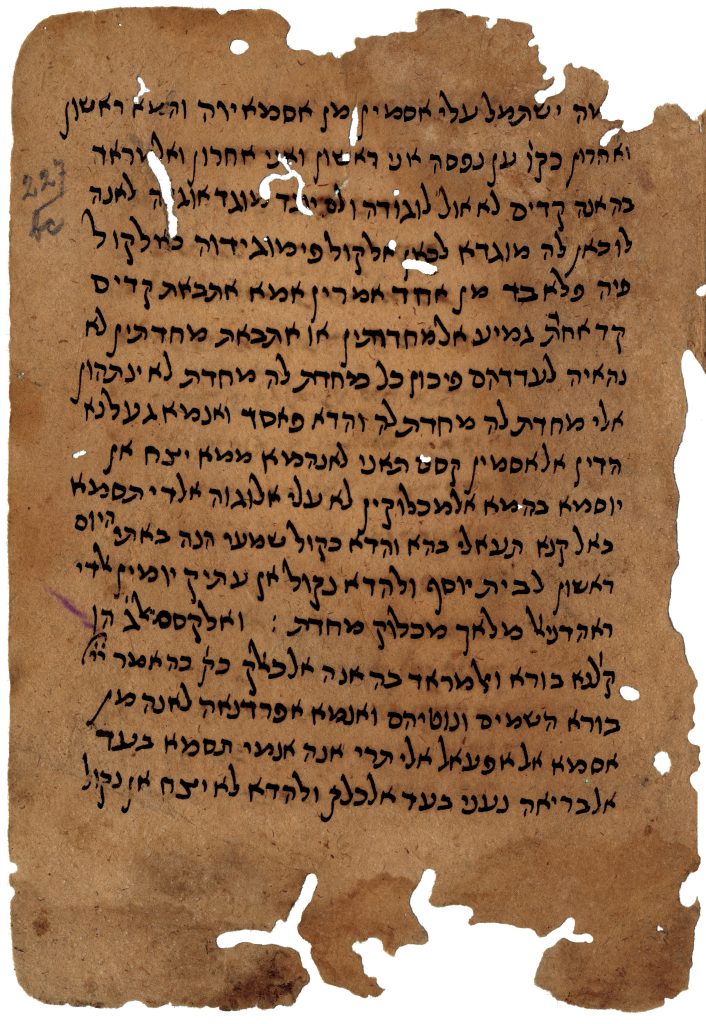
- Updated: November 6, 2021
- 15:19
Goldziher always had in the forefront of his scholarly interest the cultural history of the Middle Eastern peoples in its broadest sense – from mythology to social institutions, from philosophy to folklore –, the dynamism of their cultural developments, and their mutual influences. The structural similarities between Judaism and Islam and the culture of medieval Oriental Jewry, nourished by the Arabic and Islamic socio-cultural environment, provided rich material for his studies.
His first major book (1876) dealt with Hebrew mythology and the development of ancient Israelite religion. This work – which attracted just criticism – foreshadowed important elements of his later mentality and research methodology.
Goldziher's first major book entitled Der Mythos bei den Hebräern und seine geschichtliche Entwickelung was published in 1876 by Brockhaus in Leipzig.
LHAS Oriental Collection, 752.546
In 1887–1888 he delivered a series of public lectures on the history of Jewish religious ideas, which gave a sweeping overview of its “progressive” junctions. His ideas on religious reform combined pietist beliefs with a faith in historical development and in the transformative power of critical scholarship. The Jewish milieu in which he lived proved imperceptive to such and similar ideals and hopes, but he gradually found perspective and scope for them in Islam and Islamic Studies.
His works on Arabic and Islamic Studies are also rich in comparative Judaic material. In 1900, when Goldziher had already turned away from the Jewish scholarship, he took over (after the death of David Kaufmann) the teaching of Jewish religious philosophy at the Rabbinical Seminary of Budapest, and, for a prestigious series of handbooks published in Germany, he wrote a concise history of medieval Arabic and Jewish philosophy.
There are several letters in the Goldziher correspondence concerning the publication of this volume.
For a decade he continued to publish shorter studies on Arab-Jewish philology. In these, and several other of his works, he made use of fragments from Kaufmann’s Genizah Collection kept at the Academy. He was the first to explore this material, and to recognize the value of its non-literary parts as sources. He also assigned some fragments of the collection to his doctoral students at the Rabbinical Seminary. He edited an important medieval Jewish manuscript on religious philosophy (1907), while the Arabic original of an 11th century treatise on moral theology (Bahya ibn Paquda’s Hovot ha-levavot – Goldziher’s favourite edifying reading since childhood) was published by one of his foreign students (1912).
Related publications
Bibliographic items related to this content
Budapest: Népszerű zsidó könyvtár, 1922-23
Magyar Zsidó Szemle 3 (1886) 1-8
Jewish Quarterly Review 14/4 (1902) 719-736
Wiener Zeitschrift für die Kunde des Morgenlandes (WZKM) 3 (1889) 77-85
Allgemeine Geschichte der Philosophie, Berlin, Leipzig [etc.], Teubner, 1913, 2., vermehrte und verbesserte Auflage 1913, 301-337 (Die Kultur der Gegenwart, hrsg. Paul Hinneberg, Teil 1.5)
Abhandlungen der Königlichen Gesellschaft der Wissenschaften zu Göttingen, Philologisch-Historische Klasse NF 9/1 Berlin, Weidmannsche Buchhandlung,1907
Was this content useful?
Share with your colleagues!
Related pages
